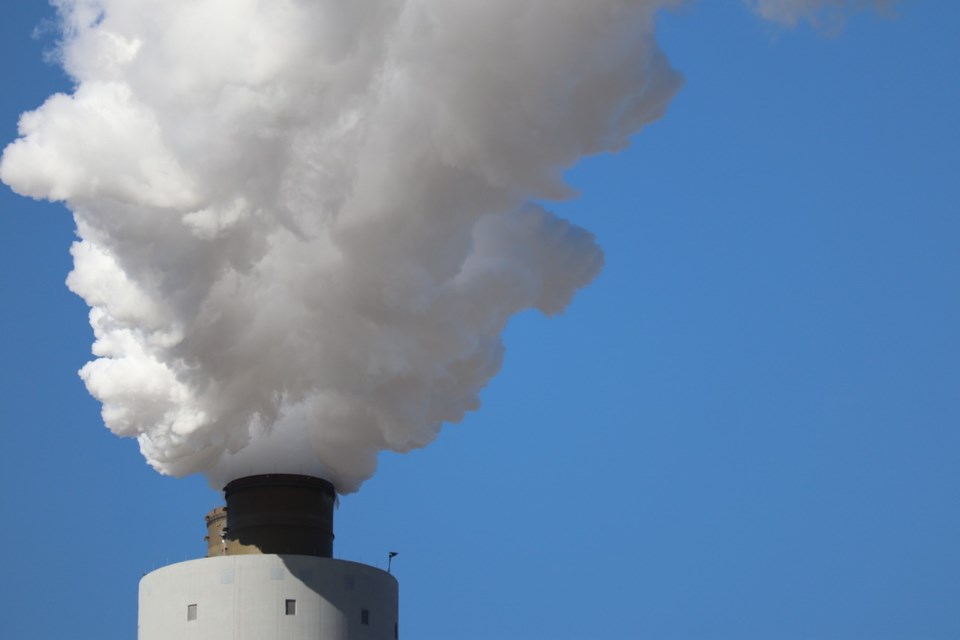One of Saskatchewan's most prominent business groups is sketching a plan to curb carbon emissions.
In a new , the Saskatchewan Chamber of Commerce aims to take "prompt, planned, and productive" action so businesses can avoid the worst risks of climate change, without driving them into dire straits.
“Despite the environmental performance enhancements already undertaken, Saskatchewan businesses have a challenge before them," noted Chamber CEO Steve McLellan.
University of Regina economics Professor Brett Dolter, who studies climate change policy, called the report "reassuring." He noted it does not advocate for scrapping the federal carbon tax, for example, but instead advocates for making the prices more flexible to keep businesses competitive.
He said that's a sign the goalposts are moving.
Compared to debating whether to act, "we're now getting into discussions about how to act," he said.
The report advises that "under no circumstances" should the federal government make climate targets any more ambitious for transitioning businesses. To meet those goals, for example, it also wants the province to allow "private companies to find clean energy sources without needing Crown corporation involvement."
The report also calls for more Indigenous participation in energy production, and more training for transitioning workers, as a project shared between government and business. It further asks Ottawa to simplify funding requirements for businesses seeking support.
The recommendations take a perspective that "this is a policy that helps us reduce our emissions, but let's make it work for business," Dolter said.
Harmonizing those rules with ones in the U.S. and the European Union would also ease barriers like tariffs in the future, he said. If rules aren't in line, he noted that could mean trade penalties.
However, there are other openings that the report doesn't fully mention, he said. Exporting rare earth minerals and developing hydrogen for energy production are examples.
"In general, it's a step in a positive direction," noted Martin Boucher, who studies energy transitions and is a faculty lecturer at the Johnson Shoyama Graduate School of Public Policy at the University of Saskatchewan.
Boucher pointed to recommendations like changing building codes as promising. Without flatly scrapping carbon pricing, the report raises some valid issues about the tax's effects on trade-exposed industries, like oil and gas, he said.
A business group making the proposals is also encouraging, he added.
"They're saying, 'Hey, there should be some recognition that Saskatchewan isn't Ontario. ... We have a different economy here, and we need that recognized in a way that works for us.' "




